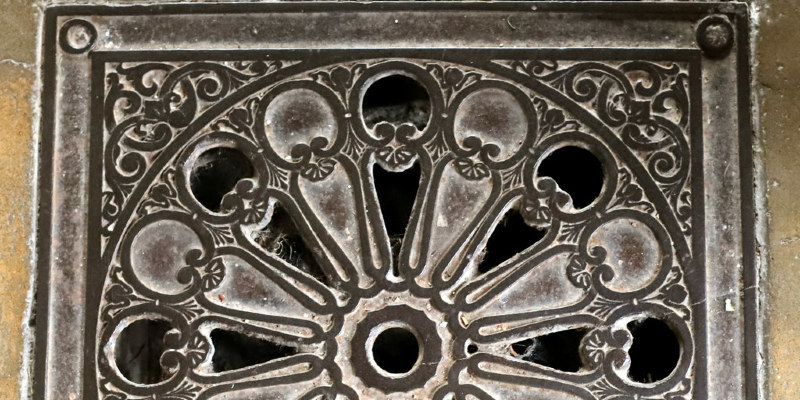In property, deeds are legal documents that transfer ownership of a property from 1 party to another. There are many distinct kinds of actions: land deeds, warranty deeds, grant actions, fiduciary deeds, present actions and quitclaim deeds. Each type of deed is used for a particular situation. Although present deeds and quitclaim deeds are intended for different purposes, there are specific instances where using either is possible but with very different tax consequences.
Quitclaim Deed
A quitclaim deed is a convenient, affordable way to transfer ownership of a co-owned property to merely one of those co-owners. It’s often utilized in divorce settlements when land is split between spouses. The co-owner who’s relinquishing rights to the land is known as the”grantor” and the co-owner who’s receiving sole ownership of this property is known as the”grantee.” The grantor may relinquish ownership rights for no compensation, or may be given a payment by the grantee. If a payment is received, it has to be noted on the deed and sales tax will be assessed to the grantor for the received payment. Quitclaim deeds must be signed by both co-owners and notarized prior to filing in the County Recorder’s Office in the county where the land is located.
Gift Deed
A present deed is a simple, notarized document that transfers ownership of a house to another person. While the house is usually exclusively possessed, that’s not always the situation. Gift deeds are often used between relatives and friends. The person gifting the house is known as the”donor,” and the person getting the property is known as the”recipient.” Gifts of land has to be reported by the recipient on the receiver’s federal income tax form. Gift deeds can be utilized only if there isn’t any payment or compensation provided to the donor in exchange for providing the property. The registering of a present deed by the donor has to be witnessed by two”disinterested” witnesses. This implies that if, for example, a mom is giving a property as a present to her daughter, neither the mother’s spouse nor the daughter’s spouse could act as witnesses. The deed must also be notarized.
Revocable Gift Deeds
A present deed becomes overvalued after it’s been supplied to the recipient. Occasionally a donor brings up a present deed as a consequence of prospective goal, but does not give it immediately to the recipient. In this case, the present deed is referred to as a”revocable gift deed,” since at any point the donor can decide not to present the land to the recipient.
Limitations Of Quitclaim Deeds
While quitclaim deeds move the ownership of a property from joint owners to one owner, they do not relieve the grantor from any debt or encumbrance on the property, such as mortgage payments or tax liens. Neither do quitclaim deeds move ownership of any possessions on the house’s assumptions.
Limitations Of Gift Deeds
Gift deeds only transfer ownership of their house from the donor to a recipient. In the event the property remains encumbered by, for example, a home equity loan or a construction lien, the donor retains financial responsibility for those debts. Furthermore, if sometime in the future the ownership of the house is contested in any way by an unforeseen claim upon it, it is not defined whether it is the donor’s or the receiver’s duty to settle the claim.
When to use a Quitclaim Deed or a Donation Deed
The purpose of a present deed is to permit a donor to freely give a solely owned property to someone else without any compensation in return. When quitclaim deeds are utilized to transport land, there may or might not be a charge card. If there’s absolutely no payment, then nothing regarding the house is reported on either party’s federal income tax forms. Though quitclaims are often utilized in divorce settlements, in case a married husband and wife jointly own a property and the husband wants to give his interest in the house to the wife with no settlement, he’s the option of filing a quitclaim deed or a present deed. If he uses the quitclaim route, then the wife does not need to report the land as a present.
